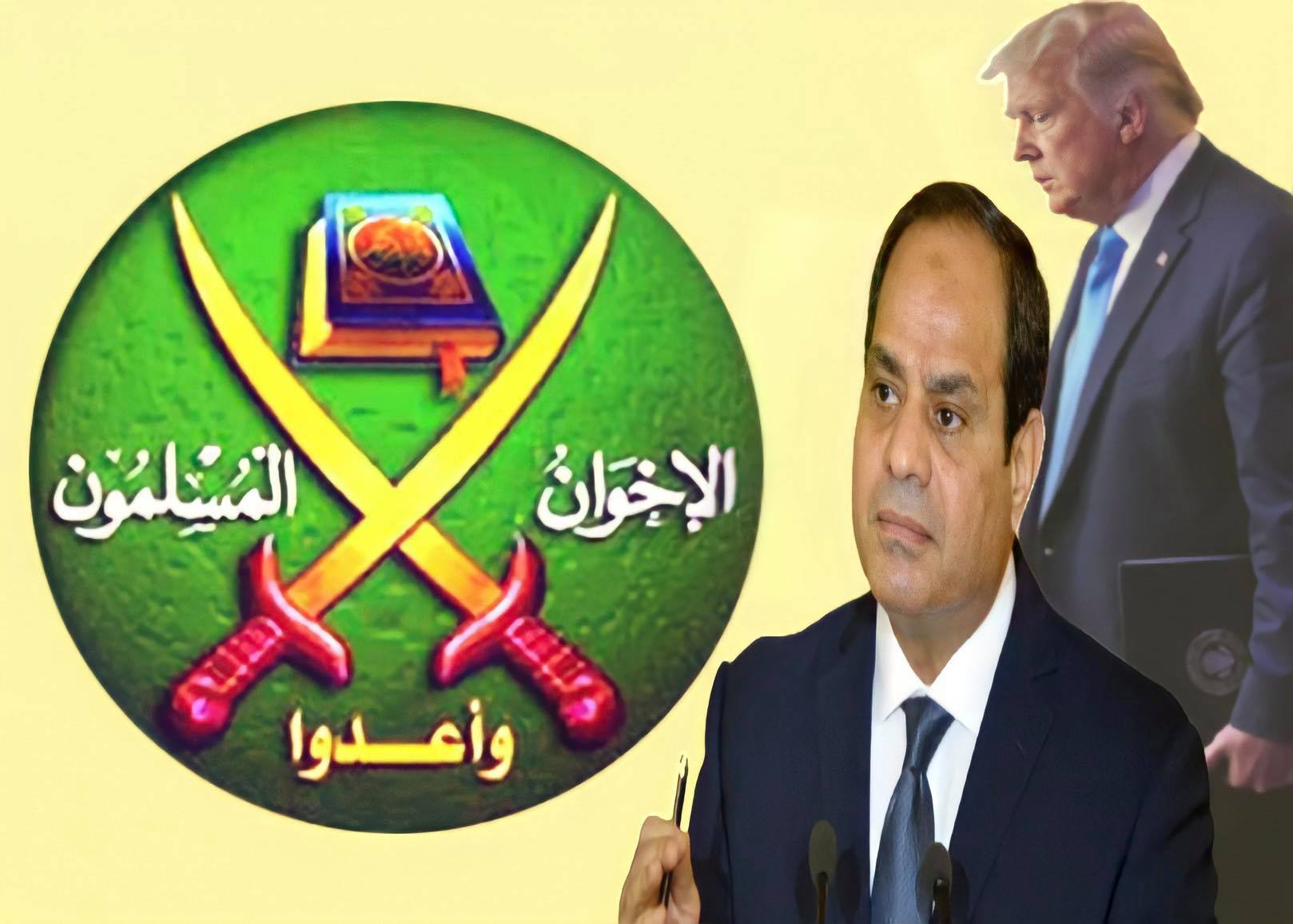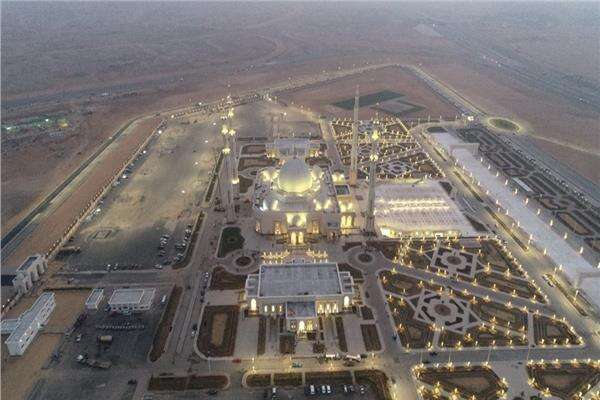Mohammed Al-Batawy
July 10, 2019
African mediation finally breathed a sigh of relief at the agreement between the Forces of Freedom and Change in Sudan and the Transitional Military Council on a transitional period of 39 months until a full civilian administration is elected.
The agreement included the easing of the military council’s grip and the establishment of an 11-member sovereign council, half of whom will be civilians, the other half military, and a civilian figure appointed by agreement from both sides.
During the first 21 months someone from the military will chair the council and a civilian will head the council for the last 18 months.
The idea of sharing and trading power with civilians is not entirely favoured by al-Sisi’s military authority, as it supported the military junta in Sudan in the hope it would establish full military rule.
The best model from al-Sisi’s perspective simulates the Cairo experience with a military general at the head of power and the appointment of ministers, governors and officials mostly from the military, and does not embarrass Egypt with space for freedom and democracy.
The idea that civilians in the presidential council share power and sometimes preside over it is not a favoured scenario for Cairo.
Al-Sisi’s hatred of that model is because it feeds the hope of his own people for civil rule, and for a successful revolution that establishes a democratic system.
The Sudanese agreement does not mean a complete departure of the military from the political scene, but is a power-sharing agreement with civilians. These civilians are the leaders of the protests that overthrew former President Omar al-Bashir.
It cannot be said that the Sudanese military council wanted this, but it was forced to do so, and Egyptian and Emirati support was not enough to monopolise the government, because of ongoing demonstrations and popular protests.
It is difficult to predict whether the Egyptian regime will continue to support the new situation in Sudan after the agreement, as al-Sisi’s military authority did not desire this new path.
Since he came to power, al-Sisi has not recognised middle solutions, only a military solution and the total control of power. Al-Sisi was hoping to replicate this in Sudan; whether it was General Abdel-Fattah Burhan or his deputy, General Mohamed Hamdan Dagalo, they would be in power alone.
A military man in power would have enhanced the vision of the people of the region that leaders must be military generals.
The Sudanese experience seems to be standing at a crossroads with the Egyptian experience, and the Sudanese Army is about to embark on a path that their comrades in Egypt did not hope for.
The Egyptian Foreign Ministry expressed its satisfaction with the Sudanese agreement and issued a brief statement in which it considered the agreement an important step. It expressed its support for the Sudanese people in “all sectors,” in what observers saw as an implicit criticism of the agreement that took place between the military council and the Forces of Freedom and Change.
What is striking is that the agreement was brokered by Ethiopia and the African Union, which oversaw the signing of the agreement legally within days, while Cairo was completely absent from any regional role in the matter.
The first reason for this absence was that the Sudanese revolutionaries and the Forces of Freedom and Change viewed al-Sisi’s regime as a biased mediator, closer to the military in Sudan, and early on realised that he would seek to help the Sudanese military council to repeat the Egyptian experience.
Protesters in Sudanese streets and squares chanted slogans against Egypt’s interference, which targeted al-Sisi personally.
The al-Sisi regime was hoping for a similar experience in Sudan but the revolutionaries feared a similar fate to that of Egypt’s revolutionaries. Despite attempts to clone the Egyptian experience in Cairo, Abu Dhabi, Riyadh and Khartoum are now witnessing a different reality, at least in the short-term.




Recent Comments